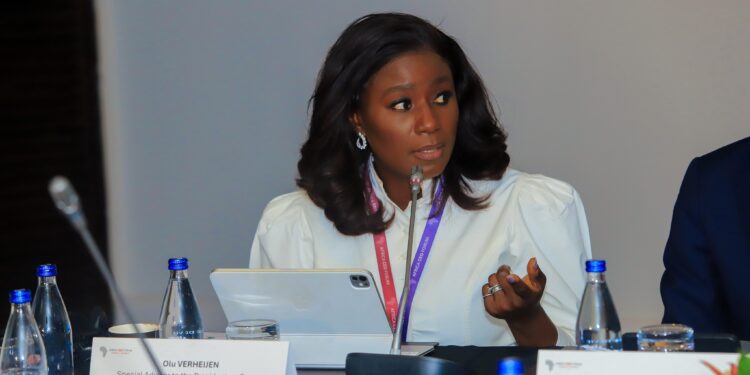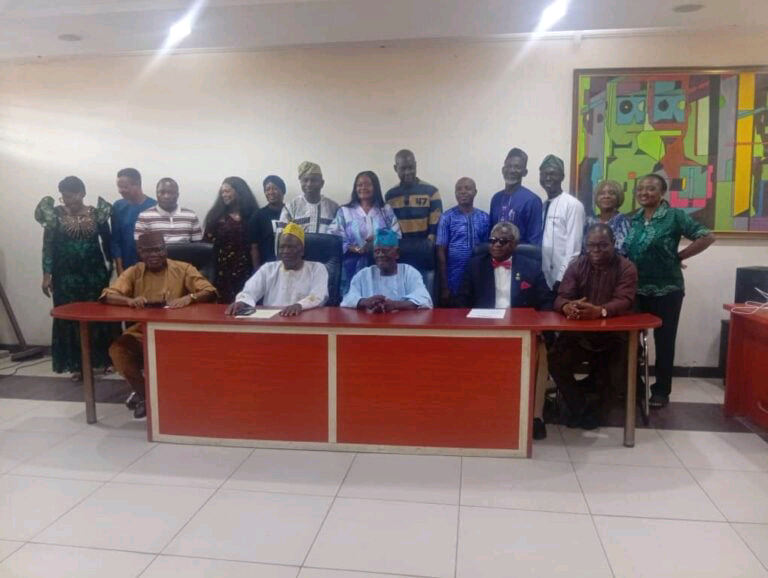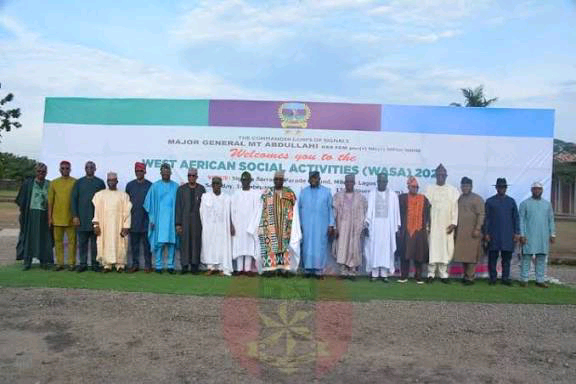FG to Deploy 7 Million Smart Meters to Check Estimated Billing

The Federal Government of Nigeria has announced plans to deploy seven million smart electricity meters across the country as part of efforts to eliminate estimated billing and revenue leakages in the power sector.
This was disclosed by Mrs. Olu Verheijen, Special Adviser to President Bola Tinubu on Energy, during an interview with the News Agency of Nigeria (NAN) on Sunday in Abuja.
The rollout of smart meters is a key component of the Tinubu administration’s strategy to improve the commercial viability of the electricity value chain, particularly the gas-to-power segment. According to Verheijen, the government is taking a number of actions to ensure that the commercial viability of the gas-to-power value chain is improved.
“We are developing the policy and the frameworks that enable us to transition to a system that allows us to charge the cost of delivering electricity, and more importantly, to drive efficiencies in arriving at that cost,” she said.
The government’s broader power sector reform includes the resolution of legacy debts owed to generation companies and gas suppliers. Verheijen explained that the government plans to clear the legacy debt with a mix of cash and promissory notes to ensure that the generation companies and the gas suppliers are also paid.
The accumulated debt is attributed to the government’s previous inability to fund electricity subsidies and the poor revenue performance of electricity distribution companies (Discos). Verheijen noted that the government is making sure that revenue assurance is improved by ensuring that most customers on the grid are metered.
“With this, we can end estimated billing and ensure that we reduce collection losses so that customers who get electricity are paying customers,” she added.
In return for resolving outstanding debts, the government will require performance commitments from all players across the power value chain.
The Special Adviser also emphasized the need for stronger governance within the Discos, noting their central role in revenue collection and service delivery in the electricity supply chain.
Regulatory frameworks will be used to ensure that the distribution companies have both the technical and financial capacity to deliver more reliable electricity to Nigerian homes and businesses.
The deployment of smart meters is expected to be carried out through the Presidential Metering Initiative, which aims to provide meters to all customers on the grid.
The move is seen as a major step towards improving the efficiency and effectiveness of the power sector, and is expected to have a positive impact on the economy and the lives of Nigerians.
The government’s commitment to resolving the challenges in the power sector is a key part of President Tinubu’s administration’s efforts to drive economic growth and development in the country.








